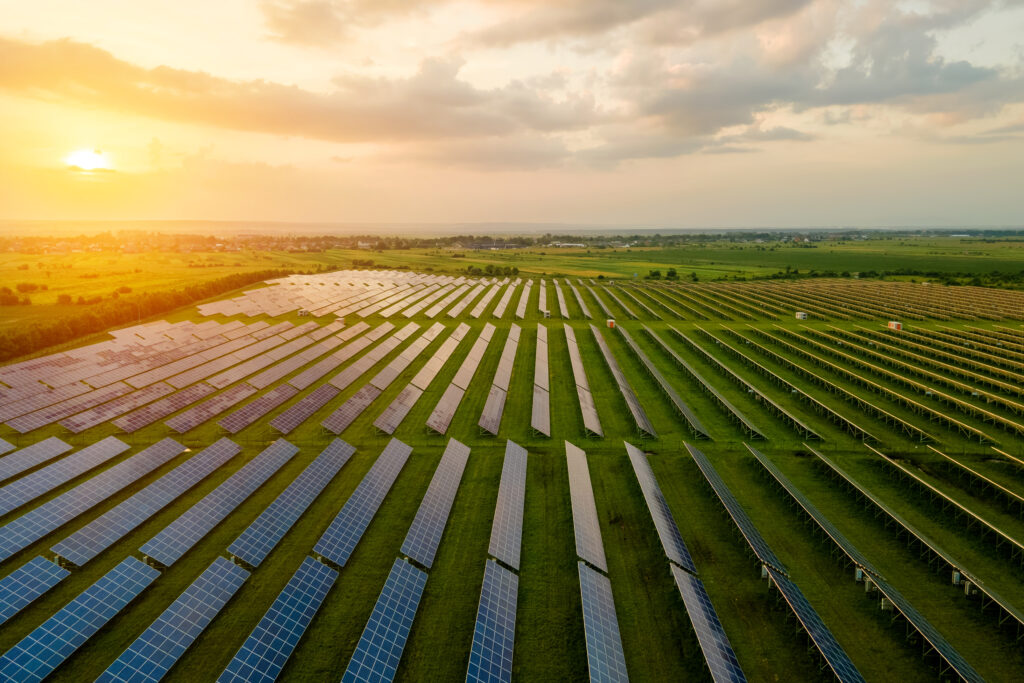In a closely watched decision, the San Bernardino, California County Board of Supervisors (SBBOS) voted 3–2 to reject a controversial solar-energy facility in California’s scenic Mojave Desert.
The board rejected the facility by declining to certify permits required under state law.
Had the permits been approved, Soda Mountain Solar would have been located on federal land. Proponents of the Soda Mountain project say it would have produced 287 megawatts (Mw) of renewable energy, enough to power more than 86,000 homes.
The project was approved by the Bureau of Land Management (BLM) for placement on BLM lands located approximately six miles southwest of the City of Baker. BLM’s approval of the project was part of the Obama administration’s attempt to supply 20,000 Mw of power from renewable-energy projects on public lands by 2020.
SBBOS Supervisor Robert Lovingood says the Soda Mountain Solar project “was the wrong project in the wrong location,” according to a report by the Los Angeles Times.
“We have hundreds of miles of locations designated for such projects where the land is already disturbed and there are transmission lines,” said Lovingood to the Times. “When companies come forward to build in those areas, we’ll support them.”
Harm to Sheep and Views
SBBOS says it denied the Soda Mountain Solar project due to concerns it would harm certain wildlife populations in the area. The facility proposal was made up of thousands of photovoltaic panels that would have been located in Mojave Desert’s Soda Mountains, home to bighorn sheep.
Since Interstate 15 opened for traffic in the region, the bighorns’ traditional migration corridors in the Soda Mountains have been interrupted. Biologists, who have been attempting to reestablish the bighorns’ migration corridors in recent years as part of their effort to prevent them from becoming genetically isolated, say they were concerned the three-square-mile solar project would pose a threat to their efforts.
SBBOS and members of the public were also concerned because the proposed project would have been located in close proximity to Joshua Tree National Park, Death Valley National Park, and the Mojave National Preserve. Project opponents argued the solar panels would have detracted from the region’s natural beauty.
SBBOS’ decision to reject the project came after BLM had reduced the size of the project in an attempt to address some of the environmental concerns conveyed by the project’s opponents. In BLM’s final environmental impact assessment, it recommended eliminating solar panels that would have been located north of Interstate 15, reducing the project’s size from an originally proposed 2,222 acres to 1,767 acres.
‘Nation’s Worst Renewable Energy Proposal’
BLM’s actions were not enough to satisfy the concerns of the environmentalists opposed to the project.
David Lamfrom of the National Parks Conservation Association told the Los Angeles Times, “The county supervisors did what the Interior Department would not do; they denied the nation’s worst renewable energy proposal.”
Critics of government-mandated and subsidized renewable-energy products were also pleased SBBOS recognized the environmental costs of the Soda Mountain project.
“It’s refreshing to see local officials beginning to recognize there are environmental costs from renewable-energy installations, especially in sensitive-habitat areas,” said Tom Tanton, director of science and technology at the Energy & Environment Legal Institute. “Perhaps state and federal authorities will begin to notice the costs overwhelm the benefits and stop forcing these land-intensive technologies with very little useful output and negative job impact onto the grid, to the detriment of the ratepayer.”
“Whether it’s the wanton slaughter of an untold number of birds and bats every year by wind turbines or the despoiling of the countryside by massive solar arrays, there is a huge environmental cost to these forms of renewable energy,” said Craig Rucker, executive director of the Committee for a Constructive Tomorrow. “And on top of that, they don’t deliver the affordable and reliable energy they promise.”
Bonner R. Cohen, Ph. D. ([email protected]) is a senior fellow at the National Center for Public Policy Research.





